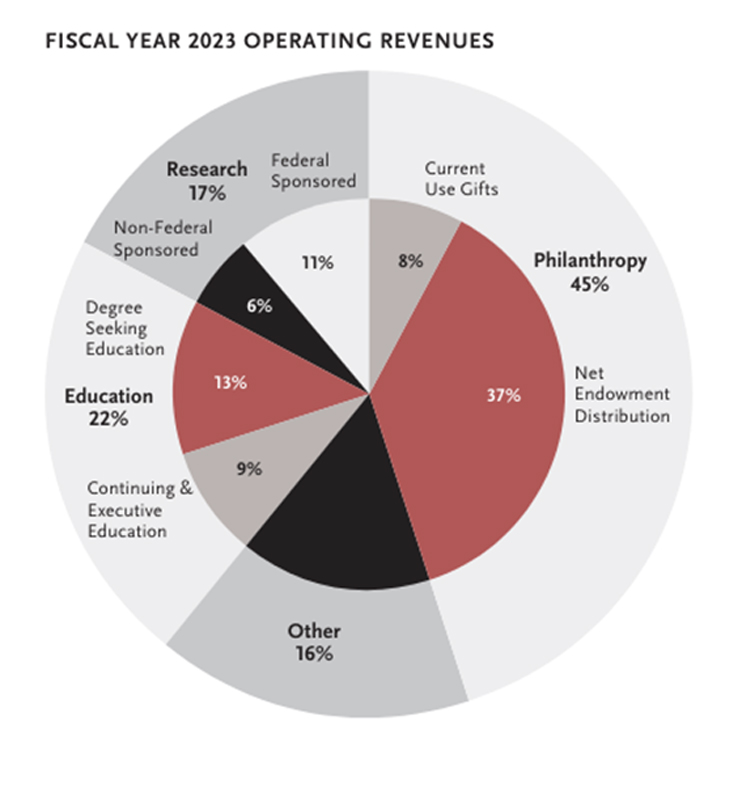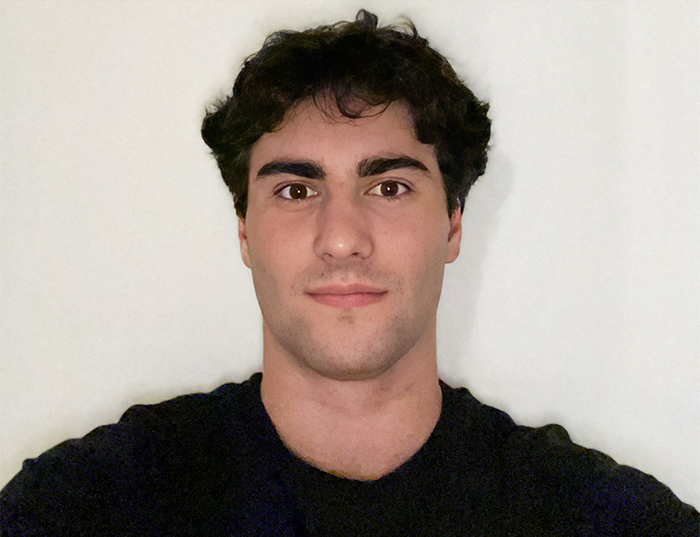On December 5th, 2023, the Presidents of Harvard, Penn, and MIT testified on Capitol Hill. This congressional hearing on antisemitism was a product of rising tensions on university campuses following the Oct. 7th terror attacks on Israel. Cardinally, the hearing gave campus leaders a chance to publicly convey their stance on the issue of antisemitism. During questioning, these university administrators consistently dodged questions and demonstrated a concerningly high level of apathy towards antisemitism on their campuses. For example, when asked if calling for the genocide of Jews is a violation of the Harvard code of conduct, Harvard President Claudine Gay responded that "it depends on the context." Naturally, this statement prompted an outburst of controversy.

Leading the charge against the administration was Bill Ackman, a Jewish Harvard alumnus. Notably, Ackman is also a hedge fund CEO worth 3.9 billion dollars and a major Harvard donor. In the weeks following the congressional hearing, he published three letters calling on Gay to resign, slammed the president's actions on social media, and threatened to pause donations to the school. These efforts began a domino effect among Harvard's most elite benefactors. Via Twitter, Ackman claimed that Harvard faced "billions of dollars of cancelled, paused, and withdrawn donations." This is undoubtedly significant, as philanthropy is the single largest contributor to revenue at Harvard, accounting for 45% of the university's $5.8 billion in income last year [Figure 1]. Although Harvard initially stood behind Gay, the negative public attention and massive financial threat posed by Ackman's crusade eventually led to Claudine Gay announcing her resignation as Harvard President.
Ackman's pushback against Harvard is not an isolated incident. Rather, it serves as just one example of an essential broader truth in the fight against antisemitism: When money talks, people listen.
Another donor to leverage his influence was Ronald Lauder, the Jewish Chairman of Clinique Laboratories worth 4.5 billion dollars. Lauder completely ceased all donations to his alma mater, the University of Pennsylvania, in protest of the Palestine Writes Literature Festival held on campus, which featured event speakers with a "public history of speaking out viciously against the Jewish people." Other Jewish alumni followed suit, including Private Equity CEO Marc Rowan (worth 5.9 billion), who urged donors to "close their checkbooks" until Penn President Liz Magill and board of trustees chairman Scott Bok resigned. Rowan also used his connections in the business world to drum up support; one finance executive remarked that Rowan had been in touch in what seemed like "half of Wall Street" regarding the halting of donations. Like in the case of Ackman and Harvard, Penn could only defend their administrators for so long in the face of such immense pressure. So, following Magill's disastrous testimony on Capitol Hill, both she and Chairman Bok stepped down from their administrative positions at Penn.
Over time, this wave of support from the wealthiest Jewish individuals has swept across the United States. Leon Cooperman (2.8 billion), a former graduate of the Columbia Business School, threatened to cease his support for the university due to pro-Palestinian protests on campus and was outspoken in his calls for the firing of Joseph Massad, a professor who described the Hamas's October 7th massacre as "awesome." New England Patriots owner and Columbia graduate Robert Kraft (11.1 billion) has also ceased his donations to the school. At Brown University, major contributor Barry Sternlicht (3.8 billion) followed suit, due to the school holding a board vote discussing potential divestment from Israel.
Naturally, these bareknuckle tactics of leveraging finances and fame to influence change have come under much scrutiny. Following Claudine Gay's resignation, Bill Ackman was criticized by university faculty for being an "interloper" who thinks that his money "gives him the right to bully at will." Indeed, the immense power that Ackman and other aforementioned billionaires hold over their alma maters does raise important ethical questions about the role of donors in academic institutions. When individuals use their philanthropy—or rather, the threat of its absence—as leverage, core tenants of our educational system such as institutional independence and academic freedom can be challenged. However, in context of the post-Oct. 7th fight against antisemitism, these brazen tactics are a necessary invention. In a political landscape where traditional methods of advocacy and dialogue have often proven ineffective in safeguarding campuses from hate, those in the Jewish community who are endowed with the unique power to act upon the moral imperative to protect Jewish students must do so.
Overall, in the realm of combating antisemitism on American campuses, the tactics employed by wealthy Jewish donors like Bill Ackman highlight a crucial, yet often overlooked, dynamic: the reliance on powerful individuals to act on behalf of the community. While many Jews might find solace in the belief that influential figures will safeguard their interests, this assumption holds true only if these individuals take decisive action. The effectiveness of such high-profile interventions demonstrates that substantial financial leverage can indeed drive significant institutional change.


